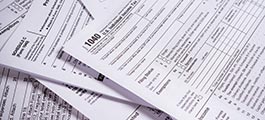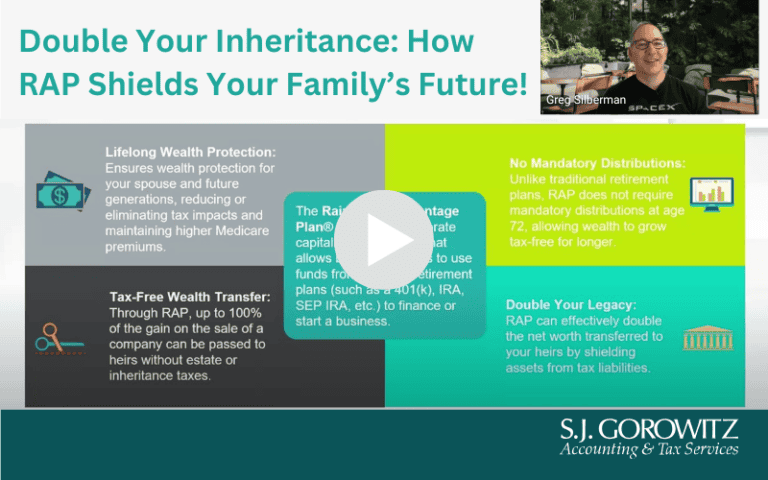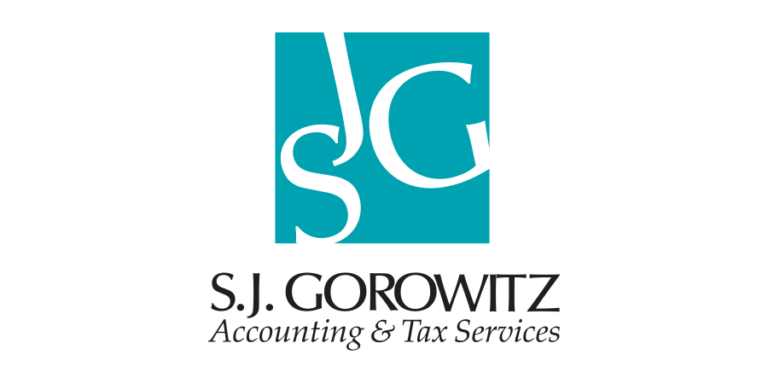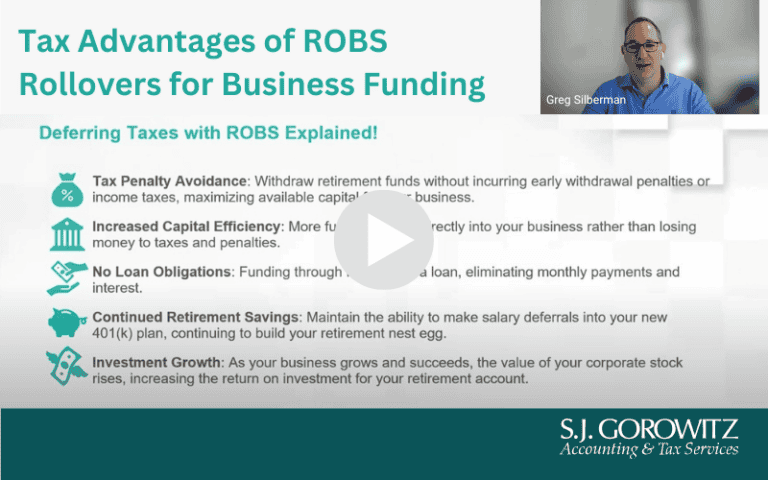 It’s been said that the only certainties in this world are death and taxes. And sure enough, tax season is upon us once again. Even if you’ve been around the block a time or two, it’s always good to review common taxpayer mistakes to make sure you are positioned to get the most financial benefit possible.
It’s been said that the only certainties in this world are death and taxes. And sure enough, tax season is upon us once again. Even if you’ve been around the block a time or two, it’s always good to review common taxpayer mistakes to make sure you are positioned to get the most financial benefit possible.
Our team of tax specialists has compiled a list of common pitfalls and added suggestions to help you build your tax action plan – and your confidence.
Tax Pitfall #1: Dumping a pile of saved receipts on your desk (or your bookkeeper’s desk) when it’s time to calculate returns doesn’t count as a tax plan.
It’s important to save all records of payments related to your business. But if you neglect to organize them properly, you risk missing important write-offs, credits, and deductions.
Solution: Have a proactive tax plan in place, and stick to it throughout the year. Use accounting software to keep track of every dollar you’ve earned and spent. Preparation is key to helping you receive the maximum possible refund.
Tax Pitfall #2: You don’t take full advantage of itemized deductions.
Deductions can be complicated. For example, you can deduct state and local income taxes on your federal returns. It’s important to have proper guidance to help you identify all of the ways you can lower your taxable income.
Solution: Know what you can itemize and have the proper documentation in place to safely deduct business expenditures. Remember, by controlling your taxable income, you’ve got more to put back into your business. A proactive tax strategy can help you do that year after year.
Tax Pitfall #3: Claiming the wrong amount of credits or deductions can lead to trouble.
Small business owners often make the mistake of over-claiming credits and deductions on their tax forms, which can result in an audit. It’s incredibly important to know what information you should pull together to help you calculate credits and deductions. The list includes:
- 1099s issued and received
- Inventory detail to support the cost of goods sold
- Payroll reports and tax returns filed
- Retirement plan contributions and plan administration documentation
- Health insurance plan requirements
- Quarterly estimated tax payments
Solution: Be informed. The IRS defines allowable tax write-offs as ‘anything customary to your industry and necessary for performing work, gaining clients/prospects, or increasing income.’ As always, make sure you have maintained careful, well-organized records!
Tax Pitfall #4: Not following through on necessary amendments to your tax returns (if applicable).
Many small businesses (and the individuals who run them) are unaware that tax returns can be amended for up to three years after the filing date. You can file updates for a variety of reasons, including an error on the return or the chance to secure a bigger refund by changing the depreciation method, carrying back Net Operating Losses, changing filing status or adding a missing credit or deduction.
Solution: Check and double check your returns. If you have missed a credit or deduction, or if you spot an error or other sources of savings, take the time to file an amendment.
Tax Pitfall #5: Simple mistakes.
Even if you use tax software, mistakes can happen. Some of the most common are the simplest:
- Incorrect depreciation methods
- Limitations on deductible passive rental losses
- Deducting losses in excess of shareholder’s basis
- Math errors
- Not entering SSN or EIN numbers correctly
- Forgetting to sign and date the return
Solution: Don’t ever try to do your taxes manually. Again, check and double check all entries before you file. And to be safest, rely on a trusted tax advisor to help you make sure every number is in place and accounted for accurately.
Click here to download this useful tax checklist to keep yourself safe and help you make the most of your hard earned money.
The biggest tax pitfall we see sums up all of the others. It’s absolutely vital to keep records related to everything you claim on your tax return. Take notes, keep ledgers, organize receipts – proactive planning will help you to make sure you know where your numbers came from when you’re filing, amending, or responding to questions from the IRS down the line.
Business owners and self-employed individuals have some of the most complicated tax returns. It can be a lot to manage, and can be worth thousands of dollars. Relying on a trusted, expert tax advisor is one of the smartest things you can do for the financial health of your business.


